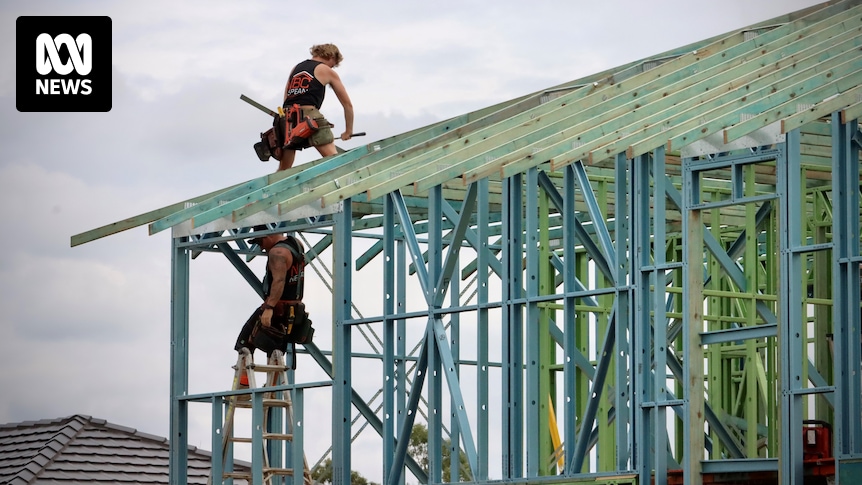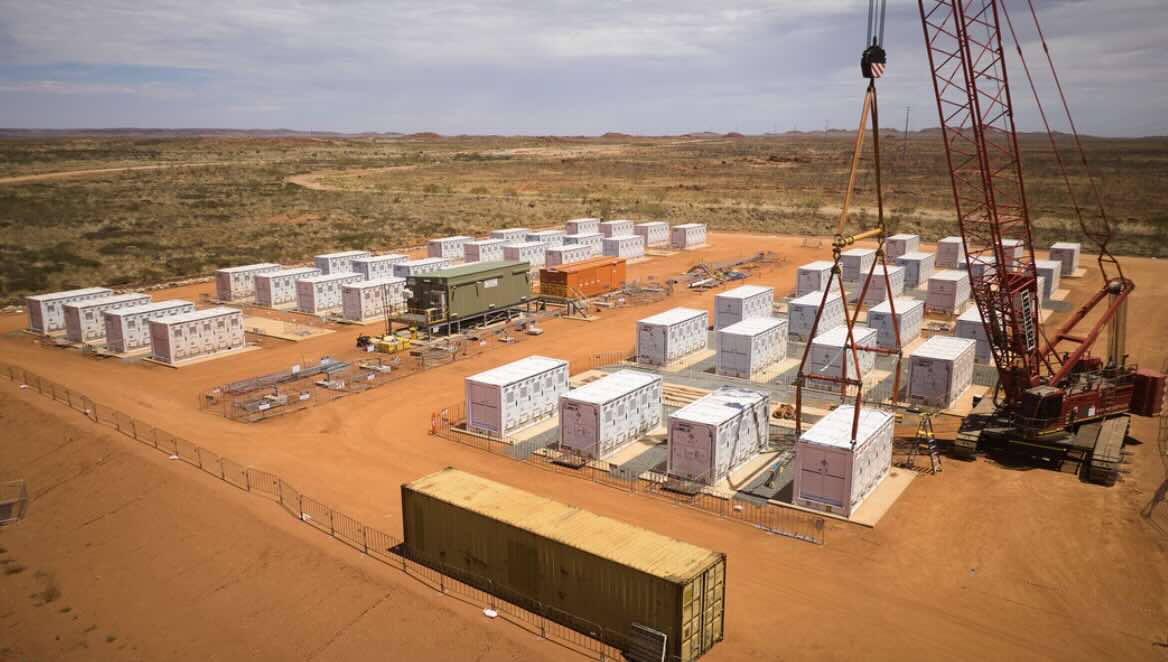
Housing issues are set to dominate the Economic Reform Roundtable this morning, as ministers, business leaders, and conservationists gather under mounting pressure to address the complex challenge of increasing housing supply without compromising environmental integrity. The session, titled Better Regulation and Approvals, will be opened by Productivity Commissioner Danielle Wood, who is expected to highlight the significant delays caused by current environmental approval processes.
In a recent speech at the National Press Club, Ms. Wood warned that “regulatory hairballs” have infiltrated nearly every sector of the economy, resulting in substantial delays for housing and major infrastructure projects. She argues that these delays have severely impacted productivity. The focus has once again shifted to outdated environmental laws, which both the former Morrison government and the current Albanese administration have struggled to reform.
Regulatory Challenges and Housing Approvals
Under existing legislation, new developments require federal approval only if they pose a risk to the environment, threaten endangered species, or affect culturally significant land. This means that only a small percentage of projects fall under federal jurisdiction. However, sources indicate that even within this limited scope, there is a backlog of 30,000 projects awaiting approval, including many of the largest industry proposals.
Both Environment Minister Murray Watt and Housing Minister Clare O’Neil are participating in today’s forum, seeking a balance between environmental protection and expedited housing delivery. Ms. Wood noted that housing approval times have increased by 50% over the past three decades due to regulatory hurdles, necessitating “hard conversations” about heritage and density restrictions.
Potential Freeze on Construction Rules
Last week, leaked Treasury documents suggested that the government might consider freezing changes to the National Construction Code to expedite housing approvals, a move that could be a significant outcome of the three-day summit. This potential freeze has sparked criticism from the opposition, with Shadow Housing Minister Andrew Bragg accusing the government of being “paralysed” by the conflict between housing needs and environmental protection.
“The government are hopeless when it comes to balancing the needs of more housing while protecting the environment. Labor are totally paralysed by this dilemma,” said Andrew Bragg.
Behind closed doors, Labor MPs acknowledge the magnitude of the issue. Treasury documents reveal that the government is not on track to meet its election pledge of constructing 1.2 million homes within five years. Senator Watt has been in discussions with various stakeholders about reforms to the Environmental Protection and Biodiversity Act, aiming to legislate changes by mid-next year.
Stakeholder Perspectives and Potential Reforms
Graeme Samuel, who reviewed the EPBC Act in 2020, has identified several areas where approval processes can hinder investment. He emphasizes the need for efficiency and certainty in environmental approvals, noting that local government planning laws and the NIMBY (not-in-my-backyard) syndrome can significantly delay projects.
“The environmental approvals are also important and the recommendations in the review I did back in 2020 are designed to ensure efficiency and, more importantly, to ensure certainty,” Samuel stated.
The leaked Treasury documents also propose a national artificial intelligence plan to reduce environmental red tape, highlighting the government’s commitment to modernizing approval processes.
Broader Implications and Future Steps
While housing approvals are a primary concern, the flaws in the EPBC Act also impact the acceleration of renewable energy projects, which are crucial for meeting Australia’s green energy targets. A Labor source indicated that achieving renewable targets and delivering housing are among the government’s toughest political challenges.
Today’s discussion features key voices such as BHP’s Australian president Geraldine Slattery and Australian Conservation Foundation chief Kelly O’Shanassy, representing the tension between economic growth and conservation efforts. For Housing Minister Clare O’Neil, the Productivity Commission’s report is clear: red tape is severely restricting housing supply, making it a top government priority to address.
Meanwhile, Prime Minister Anthony Albanese is visiting South Australia to inspect the state’s algal bloom crisis, showcasing his environmental commitment. Back in Canberra, the pressure remains on roundtable participants to find a viable solution to the housing crisis without sacrificing environmental standards. Should tensions escalate, Mr. Albanese will have the opportunity to address them during a dinner at The Lodge with union leaders, business executives, and bureaucrats.







